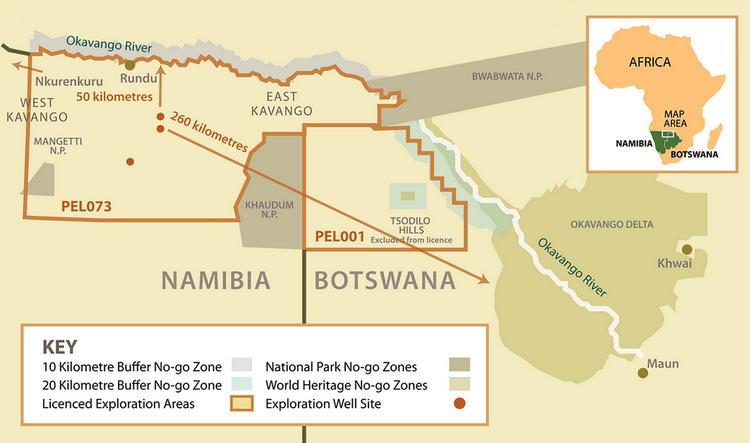East African countries could lose out on low oil prices – Deloitte
East African countries are unlikely to significantly benefit from falling global oil prices due to inadequate storage facilities, a new research paper released by Deloitte East Africa has indicated.
“East African countries’ failure to set up sufficient oil storage facilities will mean that the region could miss out on a chance to accumulate cheap stockpiles as is the trend abroad,” the research note argues.
Over the past few months, global oil prices have more than halved, to stand at just below $50 a barrel for the first time since May 2009. The price drop has been attributed to reduced demand in many countries due to dull economic growth and global oversupply; and successful fracking that has revolutionized oil production in the US and reduced her dependency on oil imports.
The research note titled ‘Falling Oil Prices – Winners and Losers’ singles out the aviation industry as a major beneficiary of the slump in global oil prices.
While calling for the need for the benefits of the lower prices to trickle down to end consumers, it estimates that airlines’ fuel bills, which account for the bulk of their operating costs, could drop by up to 13 per cent.
“The plunge in prices of oil has rekindled the debate whether lower prices are cascading down to drivers such as the cost of electricity (generated from fossil fuels) and if travelers are feeling the benefits. When global prices go up, we usually witness the meteoric increase in prices of petrol and all sectors that depend on petroleum products like manufacturing and transportation,” says Joseph Thogo, Senior Tax Manager at Deloitte East Africa.
Across East Africa, motorists have complained that the drop in pump prices is not commensurate with the movements in oil prices. Energy companies nevertheless argue that they buy oil in advance, thus the prices drift down slowly when the global oil prices are on a downward decline.
On the flipside, the note argues, the slump in prices could slow down ongoing oil exploration projects in the region, as firms defer new projects with the expectation of higher prices in future.
Mr Thogo argues: “In the past few months some firms exploring for oil and gas in Kenya have announced plans to cut their budgets or scale down operations, citing unfavourable market conditions brought about by the declining prices of crude oil.
In Tanzania some players are rescheduling or scaling down their often expensive offshore exploration campaigns. This indicates that the projected timeframe and the viability of some of the envisaged projects in East Africa will have to be reconsidered”.
He adds: “The key area for oil and gas companies is the break-even price, which is the price where the cost of per barrel oil production is equal to the selling price per barrel of oil. A while back the industry required about US$90 a barrel of oil to invest in new projects, but as a result of efficiency brought about by improving technology this number now hovers between US$60 and US$65 per barrel.
However, oil production companies also report to shareholders who are looking for a return on investment.”
OPEC producers predict that the oil price could return to about US$70 or US$80 by the end of 2015 as global economic recovery boosts demands.











